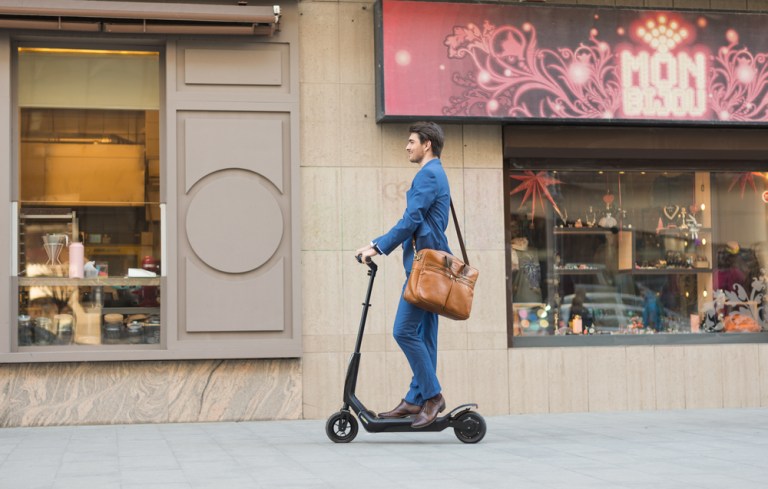Bird And Lime Have Provided 20M Rides Combined

Bird and Lime, the bike and scooter-sharing companies, have provided 20 million rides combined since their launches, underscoring the adoption of these services.
According to news from The Financial Times, Lime said customers have taken 11.5 million bike and electric scooter rides in the 14 months it has been in service, while Bird, which is focused on e-scooters, provided more than 10 million rides in its first 12 months of operations. The companies said their services are now available in 100 markets with expansion focused on European cities, including Paris and Brussels.
Meanwhile, Lime told the paper it is gearing up to launch in an additional 50 cities around the globe before the close out of 2018. Combined, the two companies have raised close to $1 billion in venture funding in slightly more than a year and are among the quickest-growing unicorn startups.
The two startups are about to see increased competition with Uber and Lyft, both of which are gearing up to launch scooter rental services. They’re also facing more competition from startups. Earlier this month, Taxify, the Estonian-based ride-hailing company, announced it is launching a new brand of e-scooters, dubbed Bolt. According to reports, starting now, Taxify will roll out a scooter-sharing service via its mobile app in Paris. A spokesperson for the company said the scooters will be available in several other European and Australian cities where the app is already in use. According to the report, the mobile app has 10 million users in 25 countries. At the current time, the company has no plans to launch a scooter-sharing service in the U.S.
“One in five Taxify rides are less than 3 km, which is the perfect distance to cover with an electric scooter,” Taxify CEO and Co-Founder Markus Villig said in a statement. “It’s likely that some of our ride-hailing customers will now opt for scooters for shorter distances, but we’ll also attract a whole new group of customers with different needs. This means we’ll be able to help more people with their daily transportation problems.”